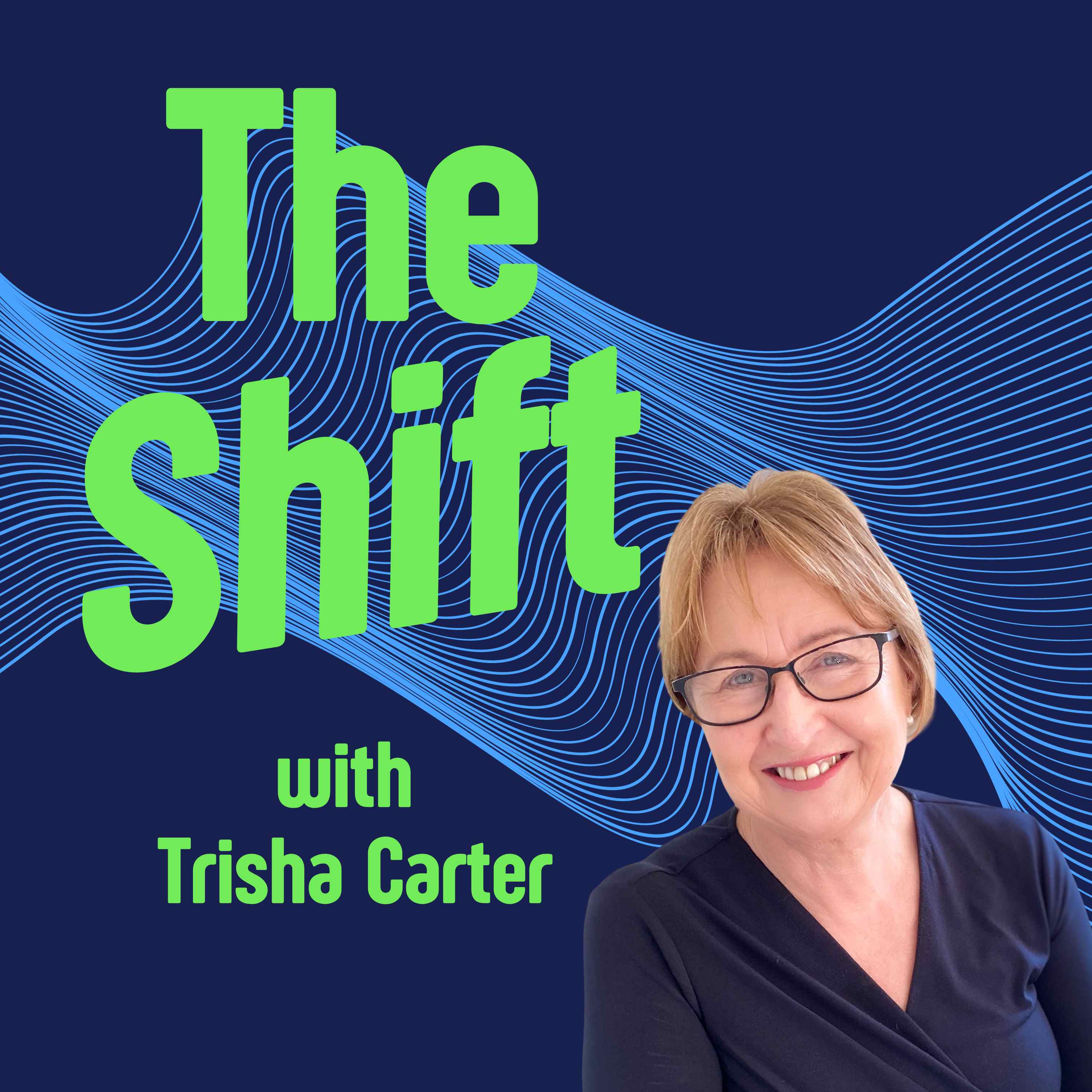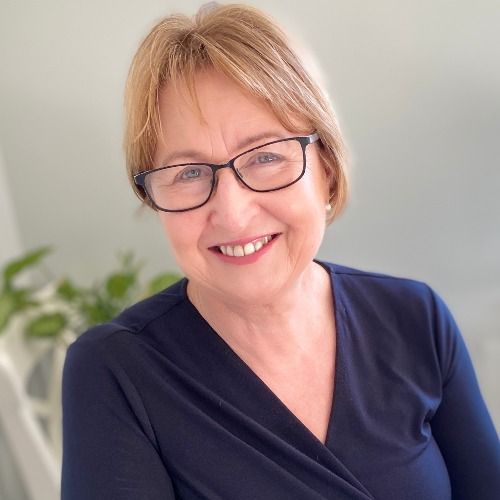Episode 25
What We've Learned So Far - Part Five
In this episode, Trisha reviews key themes emerging across the last five episodes.
This makes the practice of reflection real. It is a key metacognitive skill that can build cultural intelligence. It is interesting to see that somewhat different themes emerge in these episodes from some of the earlier summaries.
This quote is from Lucy Butters, Shifts for Cultural Intelligence Facilitators, episode 24; "Learning happens when we feel something, especially something like this - you have to be motivated yourself. You want to take it on and commit to some different ways of being and doing."
Transcript
[00:00:59] Trisha: What can we do to help ourselves and others to experience shifts when needed? I've been speaking to a range of experts. If you've been following along, you know that I've interviewed some people from different work backgrounds, and some people who are very experienced interculturalists and working to facilitate changes in people to help them understand culture and build their cultural intelligence.
[:[00:01:42] Trisha: So this is what have we learned so far, part five.
[:[00:02:15] Trisha: And so building an understanding of those different communication styles can be vital to be able to build bridges of understanding. Another value difference that was referenced was power distance, which is when different ideas about status emerge and people treat people differently. Because they perceive status as something important.
[:[00:03:16] Trisha: So this is a value difference around expressing emotion, whether we are neutral in our expression of emotion or whether we are effective. And I can imagine that one would have been quite surprising to some of those participants and yet quite glorious if you are open to experiencing it and enjoying it.
[:[00:03:55] Trisha: The problem starts when the stereotype is negative and that's our first thought. Thank you so much. At this point, the stereotype becomes a prejudice, and from there we can move to generalizations and discrimination. Rick spoke about how lawyers are often stereotyped because they operate in a way that may not be the most helpful way to operate.
[:[00:04:51] Trisha: Don't assume
[:[00:05:17] Trisha: And she pointed out that we often fail to see the beauty of the full identity of someone who is in front of us. So we might see their country, but we might limit them to one perspective of their country or their culture or their history. And she told the lovely story about how , when Joanna was growing up in Poland, her grandmother encouraged her to learn languages, but Joanna herself from behind the iron curtain initially thought that that was a wasteful thing to do because there wasn't the opportunity to use those languages.
[:[00:06:13] Trisha: It could be our religious beliefs are part of that Mosaic identity, as Monique shared about her conversion to Islam. Or it could be our profession that could be also part of our identity. And so as we meet people, as we see people in front of us, we need to recognize they're not just one thing, one, one type of person, but they bring that mosaic and we need to work with them to unpack that mosaic and to recognize the value and the beauty of every part that they bring.
[:[00:07:06] Trisha: Lucy spoke about the fact that some years ago she was training in Syria, and now that would be a difficult thing. And so the world is shifting. And in recognizing that the world is shifting, we spoke about the fact of the way we need to be in a shifting world. In some of the other episodes, when we've gone back over our learning, we've recognized that there are often significant others in people's shifts.
[:[00:07:54] Trisha: We are the people who need to build that trust. We need to unpack our own assumptions. We need to learn to story tell and story listen. And we need to bring our own cultural intelligence to our work in the world. A number of times in these episodes, the words curiosity and courage were mentioned. I think it was Emily who said if we could all come with that curiosity, that position of inquiry, all the barriers in life, all the tension in life, don't have to be there.
[:[00:08:56] Trisha: I hope that these last episodes have helped you to build your skills and build that courage, that heart, that curiosity and that openness, and so that you can work to step into the uncomfortable and to share what we believe is important with those around us. Thank you for listening, and please make sure that you're following along so that you can join us again for the next episode of The Shift.

